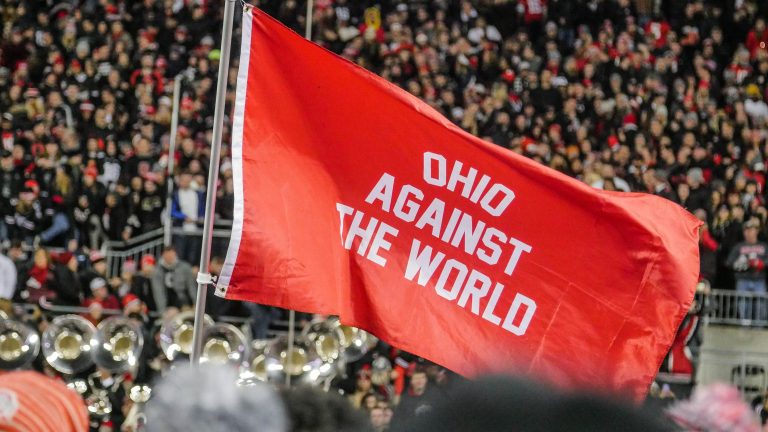Record Sales!

Over the past year, several world-famous musicians have sold their music catalogues for hundreds of millions of dollars. Most recently, Bruce Springsteen sold his music rights to Sony Music for a reported $500 million. When artists “sell their music,” what they are selling is the copyrights to their songs. Ownership of the copyright entitles the owners to profits generated from selling records or downloads, as well as royalties charged when the songs are played over streaming services and the radio, or when the song is played on TV shows, movies, or commercials.
As the Washington Post reports, music copyrights generally contains two parts: the composition of the music and lyrics, and the physical recordings of the music, called the “master copy.” Depending on the original record deal, sometimes the artist retains one copyright, while the record company retains the other. In order to sell copies of their records or sell the right to use the music in films, both parties have to agree. Ownership of both, therefore, gives the owner more flexibility in making deals. (Taylor Swift recently re-recorded the master copies of many of her songs for this reason.) Many of the recent deals are consolidating ownership of both sets of copyrights.
While it is not uncommon for music catalogues to be bought and sold, many are wondering why there have been so many large deals recently. Again, as reported in the Washington Post, many of the artists selling their catalogues are getting older and may just want to cash out future potential earnings to leave their heirs cash instead of complex assets. But other artists selling are much younger. However, it might simply be a matter of taxes. Under current law, profits from catalogue sales are treated as capital gains, which are taxed at a lower rate than other forms of income. So, some artists could be selling to circumvent any potential tax code changes under the Biden administration.
Discussion Questions:
- Discuss the economic reasons for granting copyrights and other intellectual property protections. What are the benefits to the copyright holder? What are the benefits to society?
- What is the difference between a copyright and a patent? How long does the protection last for each one? Why might there be such a difference?
- How does a potential buyer determine the value of a music catalogue?
Sources:
Rolling Stone: Why Superstar Artists Are Clamoring to Sell Their Music Rights, Google.com: Bruce Springsteen Sold Rights, The Washington Post: Why artists like Bruce Springsteen, John Legend and Bob Dylan are suddenly selling their catalogues, Time.com: Here’s Why Taylor Swift Is Re-Releasing Her Old Albums, Photo by Raphael Lovaski on Unsplash













